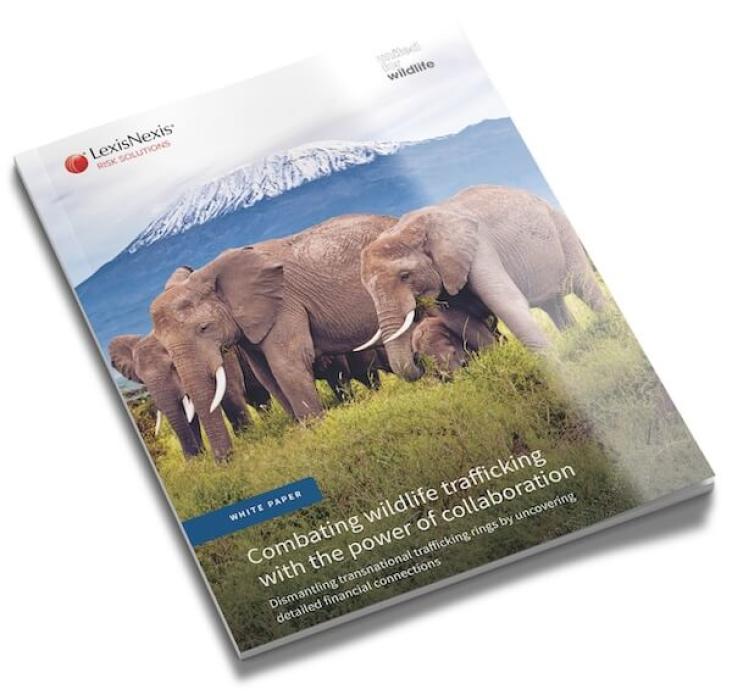Protect, restore and promote sustainable use of terrestrial ecosystems, sustainably manage forests, combat desertification, and halt and reverse land degradation and halt biodiversity loss

In this round up of 2025, we share the Special Collections published throughout the year to mark key UN observation days and events.

In this article, Estelle Dehon KC of Cornerstone Barristers examines seven key takeaways from COP30 and what they signal going forward.

Latest insights on Nature and Biodiversity from Abu Dhabi Sustainability Week's Advisory Committee.

Drawing on insights from the United Nations 10-Member Group on Science, Technology, and Innovation for the SDGs, Beyond 2030 reviews the framework’s achievements to date and delivers critical insights into how the SDGs can guide global cooperation and decisive local action well beyond 2030.

Learn how to help prevent wildlife trafficking by utilising partnerships and data in this joint LexisNexis Risk Solutions and United for Wildlife report.
Advancing Brain Cancer Care: Precision, AI Innovation, and African Insights, 2025, pp 209-231
Microalgae and One Health, Fundamentals, Biocompounds, and Health and Environmental Applications, 2025, Pages 3-15

